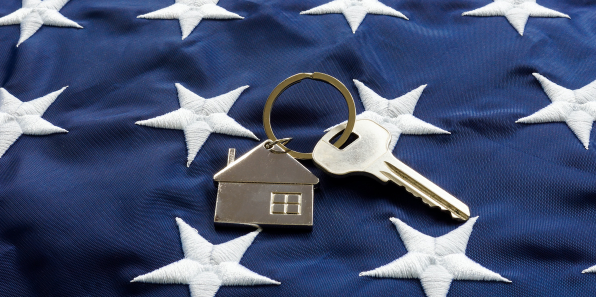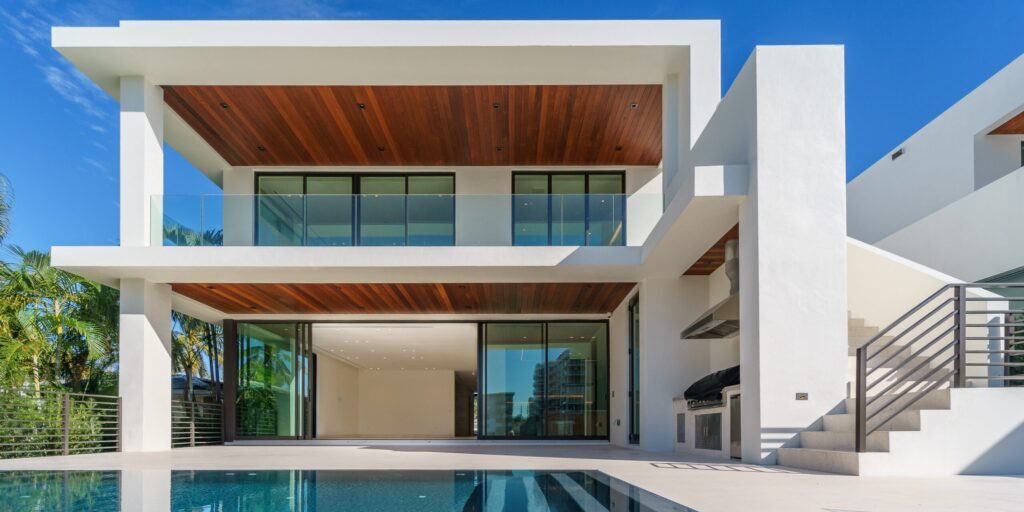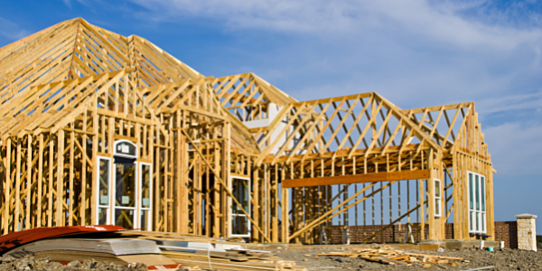A conventional mortgage is a home loan that falls under the conforming loan limit of $548,250 and can be as high as $822,375 in high-cost area, which is set annually by the Federal Housing Finance Agency. The interest rate is fixed, and the loan term is typically 15 or 30 years. The requirements are higher credit scores it allows slightly smaller down payments. It has more liberal property standards. If the down-payment is less than 20% down, you are required to have a private mortgage insurance (PMI).


Low down payment and lower credit requirements
FHA loans are backed by the Federal Housing Administration and are designed to help lower-income borrowers buy a home.
- Down payment as low as 3.5%
- Credit score as low as 600
- Mortgage Insurance premium payments required
Best for: Borrowers who need a little more help qualifying
VA
For Veterans and their families
VA Loans are backed by the Department of Veterans Affairs. Veterans, active-duty service members, and surviving spouses with qualifying income and credit can buy a primary residence with favorable terms.
- No down payment
- Upfront VA funding fee required
- No mortgage insurance
Best for Military-qualified borrowers


Jumbo
Loans over the conventional loan limit
Multiple jumbo options exist if you need a home loan that exceeds the current conforming limit for higher-priced real estate markets.
- Fixed or adjustable rates
- Credit score of 700 or higher often required
- Minimum 10% down often required
Best for: Buyers of higher-priced homes
USDA
Loans in rural areas with no down payment required
USDA loans are backed or issued by the U.S. Department of Agriculture. Your small-town dreams of rural homeownership can be made possible with a USDA home loan.
- No down payment required on most properties
- Home improvement loans and grant options
- Income limits and property value caps


Specialty
Out-of-the-box-solutions
Specialty loan programs accommodate specific and unique needs, such as self-employed borrowers who have trouble showing their income or property types that are outside the norm.
Better for Borrowers: who have unique qualifying, or property needs
Renovation & Construction
For building or renovating your dream home
These products provide you the funding during the construction process and the mortgage loan all wrapped-up in one loan.
Best for: Fixer-uppers, new construction, and large-scale home


Reverse
Loans that pay you over time
A reverse mortgage is the opposite of a traditional home loan: instead of making a monthly mortgage payment, the lender pays you. You are still responsible for property taxes, homeowner’s insurance, and other related costs. Most are insured by the Federal Housing Administration as Home Equity Conversion Mortgages (HECMs)
- Aged 62 or older
- You and/or an eligible spouse live in the home as primary residence
- You own your home outright or have a high amount of equity available
- The property meets all FHA property
FAQ
What documents will I need?
There will be several documents that you will need to gather and organize in order to get pre-approved for a loan. This can include W2s, paystubs, bank account and retirement statements, and more. Each loan program’s requirements can be different, so ask your advisor for a list so you can gather the necessary paperwork.
What is the minimum down payment required for the loan?
How much money you will need for your down payment will vary depending on the type of loan program you choose and that you qualify for. We have a multitude of loan programs to consider, which can range from zero down to 20% down. There are also down payment assistance programs, opportunities to use gift funds, and other specialty loan programs that can help you with your down payment. After you have found a property, our loan advisors can help you determine what your down payment can be.
What will my monthly mortgage payment be?
As you budget for your new home, you’ll want to know how much your monthly payments will be as well as the breakdown of those payments. Monthly payments typically include principal, interest, taxes, and private mortgage insurance.
Are There Any Specialty Programs Or Government Loans That I Qualify For?
There are several loan options available and you may qualify for multiple different programs, depending on your circumstances. Specialty programs can serve different unique individual needs. Your loan advisor will be able to show you the different programs that you qualify for and explain the benefits of each program.
What fees will I be responsible for paying?
Some fees, such as appraisal and inspection, are included in the closing costs. You can also choose to buy discount points in order to decrease your interest rate. Additionally, some lenders may charge fees for their services. Find out this information upfront.
What is the interest rate, what are the rates expected to do, and should I lock now?
You’ll be paying interest on a mortgage for the length of the loan, so it’s important to know what rate you are getting. Mortgage experts can help you determine the loan program that fits your unique circumstances, when to lock an interest rate, and advise you on the pros and cons of a fixed rate or adjustable rate. Our SecureLock is one of our specialty programs that allows buyers to lock in today’s rates while they look for a home, sell their home, or while a home is under construction.
What Happens if a Rate Lock Expires?
That depends on the terms of your rate lock. Some mortgage lenders will grant an extension for a fee. Others will not, in which case your rate will revert to the current interest rate (assuming you qualify for the published rate).
What About Buying Points?
One way to secure a lower interest rate is through discount points. In essence, you pay some money upfront for a lower rate on your mortgage—it’s like prepaying your interest. The cost of these discount points—1 point typically equals 1% of your mortgage—can be rolled into your closing costs.
Paying upfront to lower your mortgage payment may sound like a no-brainer, but it isn’t always. It will depend on a few factors, including whether you have that cash on hand or can finance the cost into your loan (remember, you also have to supply a down payment, in addition to other closing costs and origination fees).
Another factor to consider is how long you plan to occupy the home. As a general rule, you tend to break even on buying points after about six years. It’s important to consider that if you wrap these costs into your loan amount you will be paying them over the life of the loan.
We know how important mortgage interest rates are to the conversation about owning a home. The strategy that’s right for you will vary based on your situation and preferences.